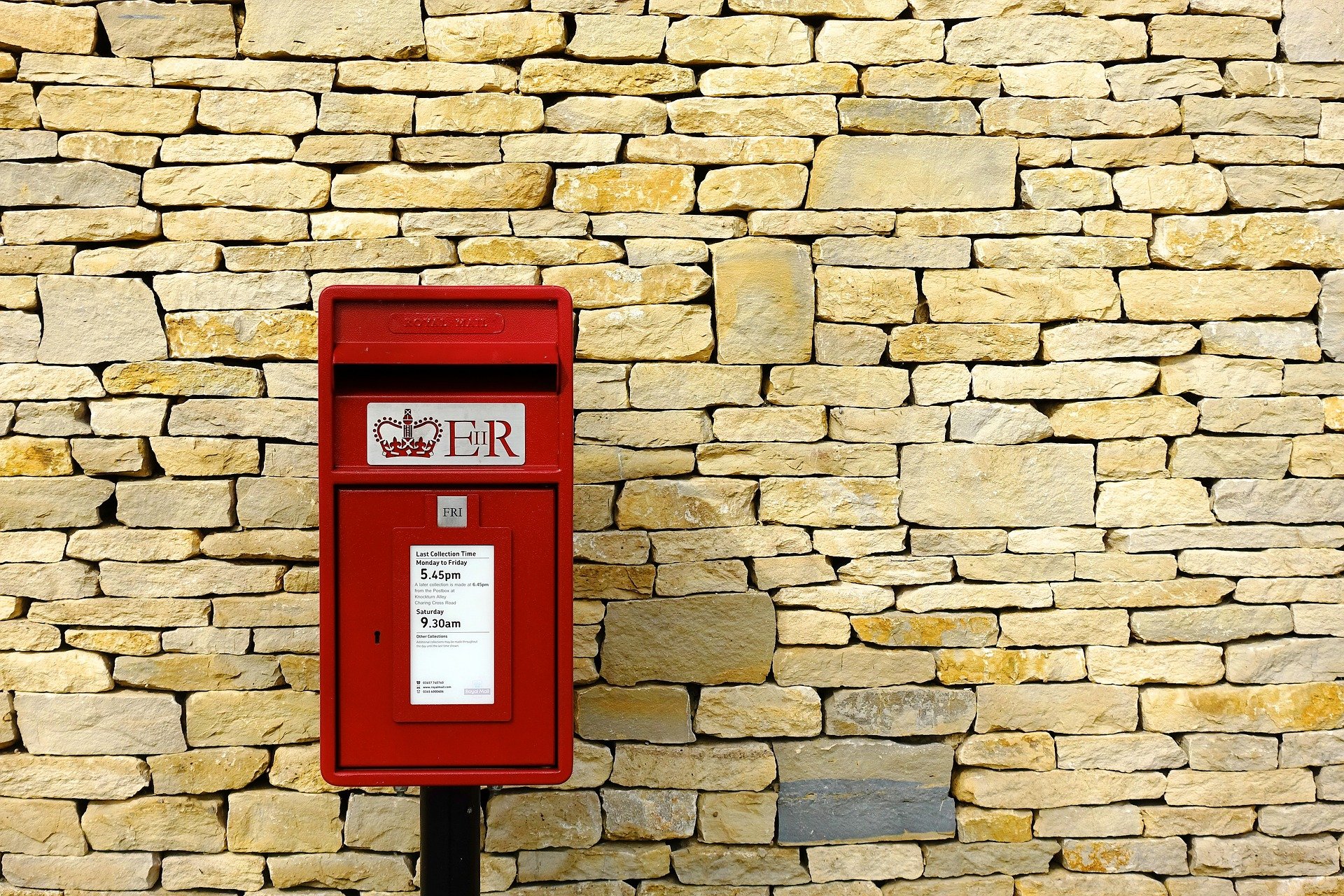In response to a couple of reader questions, this week, I’m going to talk about when to stop editing, and start submitting our work.

As with most things in life, there is no one neat answer that will work for every writer in every situation. However, here are 3 general things to bear in mind.
You know you’re ready to submit when…
- You’ve gone through multiple drafts.
- You’ve received multiple sets of feedback from reliable readers, and you’ve addressed all the main concerns that have been raised. Ideally, your last set of feedback will raise no big concerns about any of the key elements.
- On a gut level, you feel happy with your work.
It’s important to feel confident about these elements:
- You have an interesting and original idea
- Your main character is believable and intriguing; and all your other characters are well rounded. They’re distinct from one another, not blurring into one.
- Your plot is well crafted, makes sense and is written in such a way that your readers want to keep reading to find out what happens!
- You have a beginning, middle and an end.
- And if you’re writing a screenplay, you’ve got a solid grasp of the mechanics of screenwriting; you’ve nailed your structure, your characters come to life and your dialogue is a joy to read.
Once all these big components are working well, it’s time to move onto the final tweaks and to proof read.
Proof read your work all the way through at least twice. If you don’t trust yourself as a proof reader, ask someone else, with a good eye for detail, to proof read it – then correct every little spelling and grammatical error that they find.
Once this is done, you are ready to submit! Hooray!
Exceptions to the rule
There are a couple of exceptions to these guidelines. Firstly, your level of experience is worth bearing in mind.
As a rule, if this is the first, or one of the first pieces of writing that you’ve ever submitted, you will need to hone it far more thoroughly, than if you are an experienced writer, because your reputation will be built on this piece of work.
If, on the other hand, you’ve been writing for a while, and have written numerous pieces of work (even if you haven’t sold them) you might have contacts who are willing to look at an early draft. Or, you might simply be a better judge of your own work to know when it’s ready to send out.
If you’re more experienced, you might also be looking for people to collaborate with, rather than trying to simply sell your manuscript. If you’re looking to collaborate, there’s no point honing your piece of work to the nth degree.
Consider your personality
If you’re someone who is anxious about the process of submitting your work, you might consistently avoid completing the editing process. Or, if you’re someone who tends to always think your work is rubbish, ask yourself this:
Have you received several pieces of positive feedback from different trusted sources (i.e. not good friends and close family)? If the answer is yes, ignore that little voice in your head, and stop editing now!
On the other hand, if you’re extremely confident in your abilities as a writer, you might go the other way, and assume your work is ready way sooner than it really is. So just in case this is you, again, I would ask:
Have you received several pieces of positive feedback from different trusted sources (i.e. not good friends and close family)? If the answer is yes, you’re OK to stop editing.
Bite the bullet!
We can never know with 100% certainty that our work is ready to submit, because it’s always a bit subjective. So at some point, you’ll need to make a judgment call. No-one else can make that decision except you. Sometimes we send out our work too soon, and if that happens, and you keep getting rejected, you can always get more feedback and return to the editing process once again. It’s not the end of the world.
We get better the more we write, but we also get better by sharing our work and hearing what people think about it. What’s more, once we share our work, we’re more likely to come across opportunities to collaborate with others, which again will help us improve our writing even further. Stories shouldn’t be kept in drawers. They should be shared. So once you’ve put in the necessary hard work, stop editing, bite the bullet and start submitting!
If you want to understand the process of how to rewrie and edit your work, take a look at a previous article I wrote about that.
I’ve also written about how to get feedback. Do take a look, if you missed that post.
In my next post, I’ll give some guidance on what you need to submit (to agents, publishers and producers) and how to go about it. So stay tuned if you’re at that stage in the process.
Get in touch!
In the meantime, is there’s anything that you’re struggling with in your writing? If so, get in touch as I might be able to address your issue in a future email.
Finally, if you find my posts helpful, you can sign up for my weekly newsletter where I share tips on all aspects of writing, productivity, habits and different ways of marketing yourself and your work.

1 comment / Add your comment below